In the intricate world of maritime communication and navigation, the performance of marine antennas on commercial boats is a critical factor that directly impacts the safety and efficiency of operations. From selecting the right antenna type to proper installation techniques and regular maintenance, this blog post explores essential tips to ensure optimal performance and reliability for marine antennas on commercial vessels.
Importance of Marine Antennas on Commercial Boats
Marine antennas play a pivotal role in the communication and navigation systems of commercial boats. They facilitate the transmission and reception of crucial signals, including radar and radio communications, ensuring seamless connectivity for various maritime operations. Reliable antennas are the linchpin for effective communication, navigation, and safety at sea, making their optimization paramount for the maritime industry.
Selecting the Right Antenna Type
Choosing the right antenna type is the foundation for optimal performance. Factors to consider include:
Frequency Range: Different antennas are designed for specific frequency ranges. Select an antenna that aligns with the frequencies used for communication, radar, and other navigational purposes.
Antenna Gain: Antenna gain determines the directionality and range of signal coverage. Consider the operational needs of the vessel and select an antenna with an appropriate gain level.
Antenna Design: Antennas come in various designs, including omni-directional and directional. Omni-directional antennas offer 360-degree coverage, while directional antennas focus on a specific direction. Choose based on the vessel’s communication requirements.
Proper Installation Techniques
Even the best antennas can underperform if not installed correctly. Proper installation involves:
Mounting Location: Choose a strategic location for mounting the antenna that minimizes signal obstructions and interference. Ensure it is clear of other equipment that could impact its performance.
Cable Routing: Use high-quality coaxial cables and route them carefully to minimize signal loss. Avoid sharp bends and kinks in the cable, and keep it as short as possible to reduce attenuation.
Grounding: Proper grounding is crucial for antenna efficiency and safety. Follow manufacturer guidelines for grounding, considering the type of vessel and potential electrical interference.
Regular Maintenance Practices
Routine maintenance is key to keeping marine antennas in optimal condition:
Visual Inspections: Regularly inspect antennas for physical damage, corrosion, or loose connections. Address any issues promptly to prevent degradation of performance.
Coaxial Cable Checks: Examine coaxial cables for wear, damage, or water ingress. Replace any compromised cables to maintain signal integrity.
Cleaning: Keep antennas free from salt, dirt, and other contaminants. Regular cleaning with a mild detergent and fresh water prevents corrosion and ensures unobstructed signal transmission.
Avoiding Signal Interference
Signal interference can hamper the performance of marine antennas. Take steps to avoid common sources of interference:
Proximity to Metal Structures: Keep antennas away from large metal structures that can interfere with signals. Ensure antennas are mounted on non-metallic surfaces or use insulating materials.
Electronic Equipment Placement: Separate antennas from other electronic equipment to prevent electromagnetic interference. Maintain a distance to minimize the risk of signal disruption.
Weather Considerations: Adverse weather conditions, such as heavy rain or dense fog, can impact signal quality. Anticipate these conditions and take preventive measures or have alternative communication methods in place.
Utilizing Signal Boosters When Necessary
In areas with weak signals or challenging conditions, signal boosters can enhance antenna performance:
Amplifiers: Consider using signal amplifiers or boosters to strengthen weak signals, especially in remote or offshore locations.
Repeater Systems: Install repeater systems to extend the coverage range of marine communication signals, ensuring consistent connectivity in expansive maritime environments.
Consulting Experts: Seek guidance from marine communication experts, such as those available at www.tecomart.co, to identify the most suitable signal booster solutions for specific operational needs.
Ensuring Optimal Performance for Marine Operations
In conclusion, optimizing the performance of marine antennas on commercial boats is crucial for maintaining effective communication, navigation, and safety at sea. From selecting the right antenna type to proper installation, regular maintenance, and addressing signal interference, each step contributes to the overall efficiency and reliability of maritime operations.
Investing in high-quality marine radar and radio equipment, such as those available for sale at www.tecomart.co, coupled with adherence to best practices, ensures that commercial vessels navigate with confidence and resilience, even in challenging maritime conditions. By prioritizing the optimization of marine antennas, the maritime industry can uphold the highest standards of communication and safety at sea.
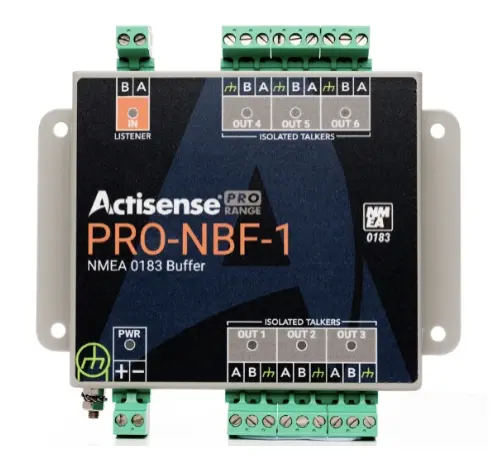

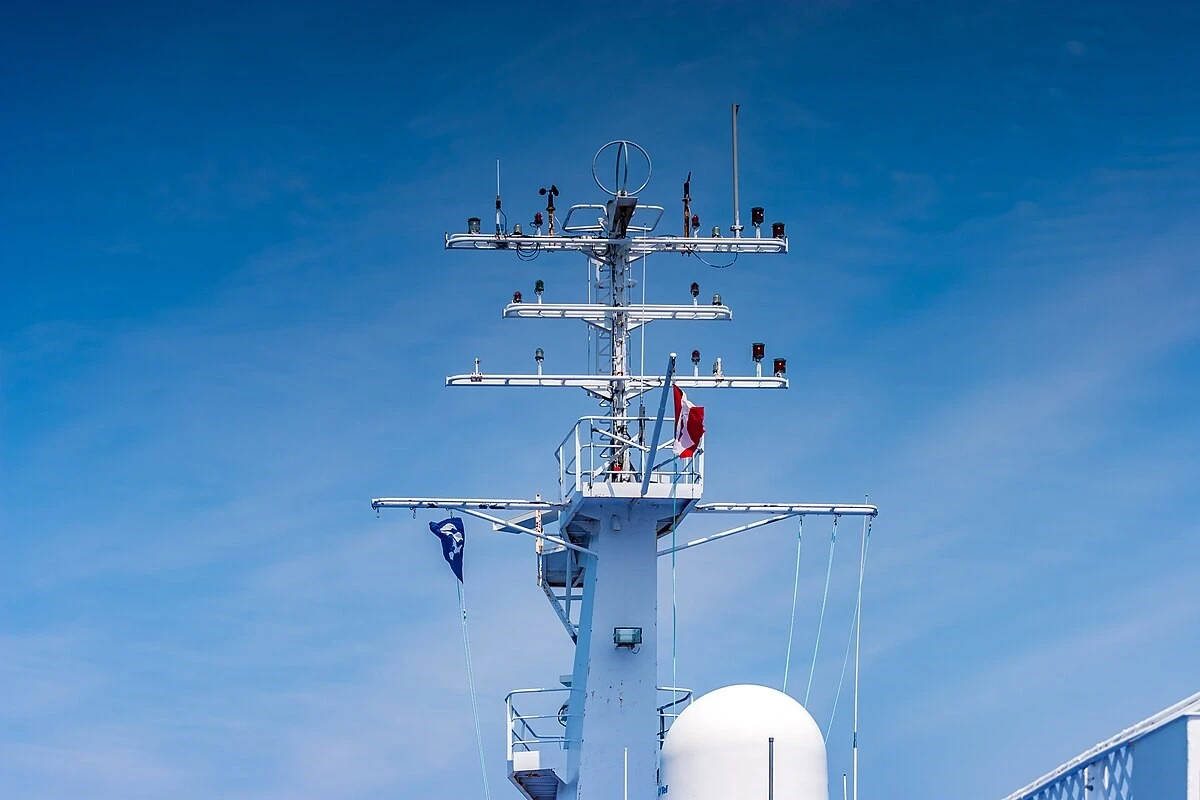
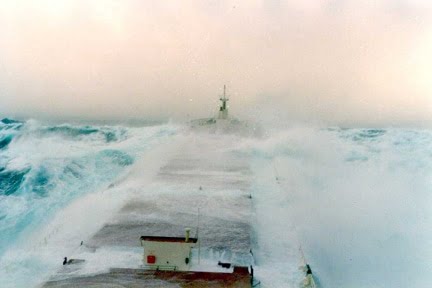
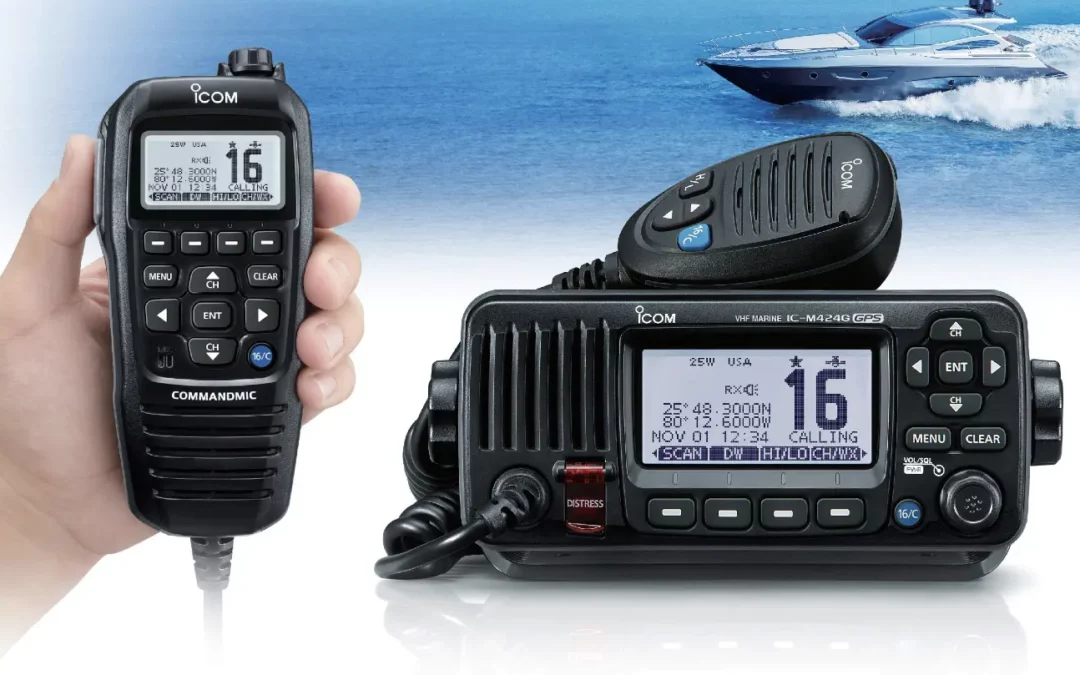
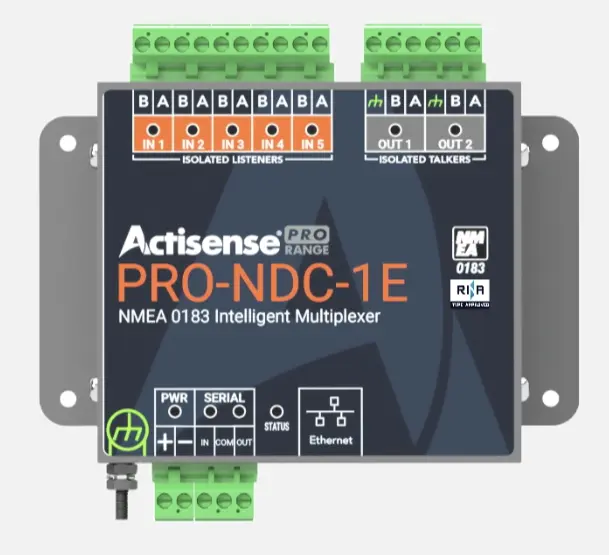
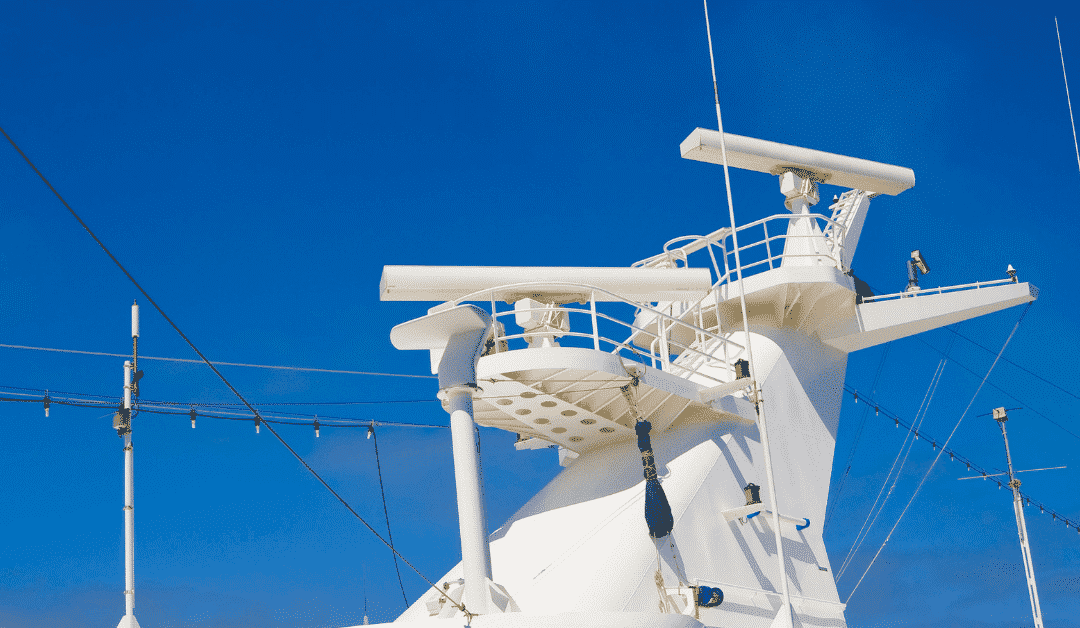
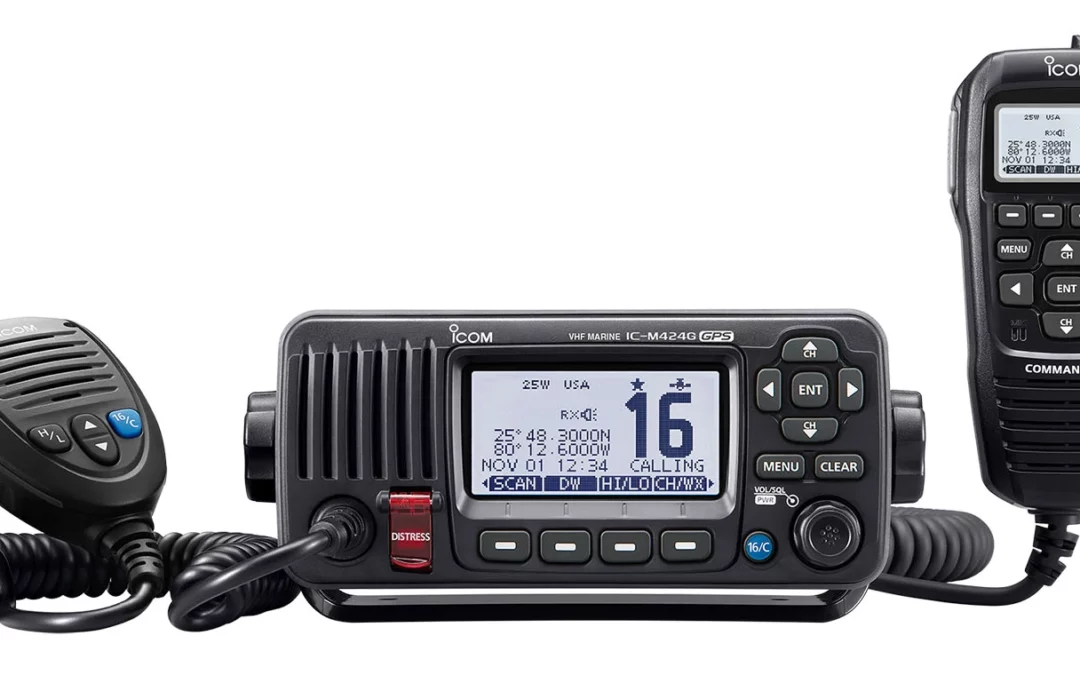
0 Comments